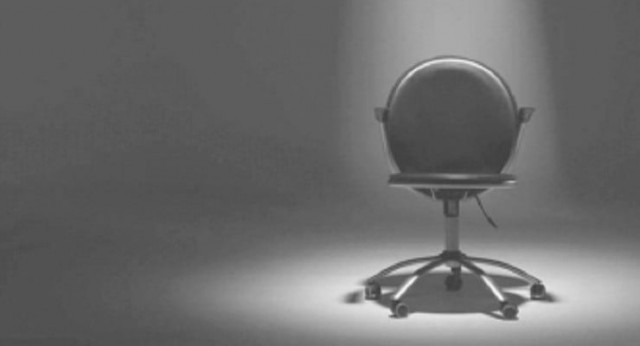BOI chairman resigns
Atif Bokhari is the third head who has left office in three years

Board of Investment (BOI) Chairman Atif Bokhari has resigned due to his “personal reasons”, becoming the third head of the department who has prematurely left office during the tenure of this government.
“I have resigned as BOI chairman purely because of personal reasons and will go back to Karachi,” Bokhari confirmed to The Express Tribune on Friday.
Bokhari remained the chairman of the BOI for about 14 months. Bokhari enjoyed good repute among his colleagues in the government circles. The only complaint against him was that he was not actively projecting the government’s performance in the media.
Prime Minister Imran Khan had appointed Bokhari as the BOI chairman in March last year and he joined the office in April. Bokhari had replaced Zubair Gilani.
Bokhari met with the prime minister this week, a source said. After Bokhari’s meeting with Prime Minister Imran Khan, Secretary to Prime Minister Azam Khan issued directives to BOI to move a summary for the federal cabinet, requesting to accept Bokhari’s resignation.
The federal cabinet is the authority to appoint or remove chairman of the BOI.
Bokhari has become the third BOI chairman who resigned during less than three years tenure of the Pakistan Tehreek-e-Insad (PTI) government.
Earlier, the prime minister had appointed Haroon Sharif as the BOI chairman in September 2018 who was replaced by Zubair Gilani in June 2019.
According to the sources, Special Assistant to Prime Minister Dr Shahbaz Gill and former BOI chairman Haroon Sharif were among the names being discussed for the chairman slot.
Overall, five chairpersons have been changed during the past five years, indicating lack of consistency in policies.
Foreign investors often complain about inconsistency in economic policies, particularly taxation and energy. The government has also replaced four finance ministers and five chairpersons of the Federal Board of Revenue during its less than three years’ tenure.
BOI was currently coordinating with the Foreign Office to find avenues for bringing investment from the United States to Pakistan, sources said. The resignation has once again put a question mark over the government’s priorities.
BOI is responsible for promotion of investment opportunities and has a key role in ensuring ease of doing business and setting up of prioritized Special Economic Zones (SEZs) under the China-Pakistan Economic Corridor (CPEC). It is also mandated to diversify the investor base by focusing on information technology, food processing, value-added textile, hospitality and tourism sectors.
Pakistan has also not been able to make any significant headway to cash in on the opportunity provided by Saudi Crown Prince Mohammad bin Salman, who had announced $20 billion worth of investment during his high-profile visit to Pakistan, a major chunk of which would go into an oil refinery.
Foreign direct investment in Pakistan dropped 28% to $1.75 billion in the first 11 months of current fiscal year against $2.4 billion in the same period of previous year.
Inflows reduced from $3.1 billion to $2.8 billion during this period - a reduction of 11%. However, outflows increased from $674 million to $1.1 billion - up by 51% and a reason in overall decline in the investment.
At the end of the Pakistan Muslim League-Nawaz (PMLN) tenure, the foreign direct investment had been recorded at $2.8 billion.
An official of the BOI said that a reason for reduction in the net FDI was increasing outflows on account of dividends of the investment received in the past. The official said that no new major foreign investment was coming in recent years, hoping that the trend may reverse in the coming months once Covid-19 related situation eases.


















COMMENTS
Comments are moderated and generally will be posted if they are on-topic and not abusive.
For more information, please see our Comments FAQ